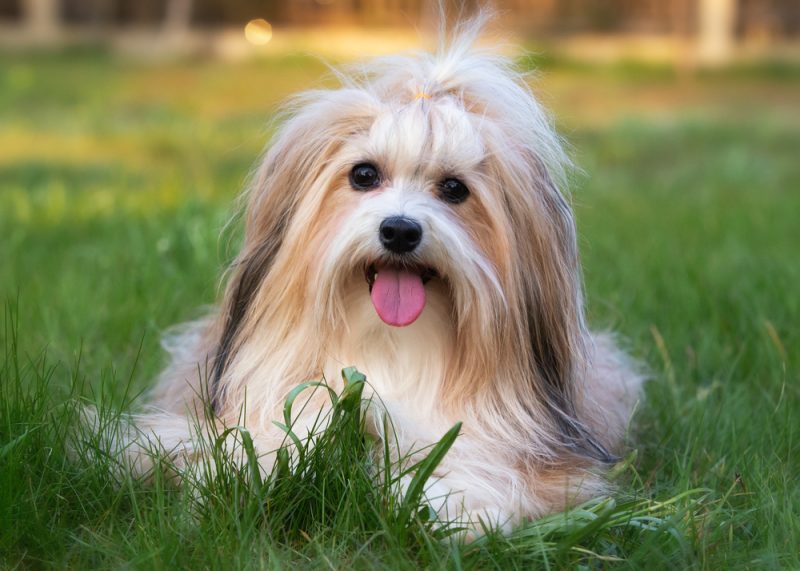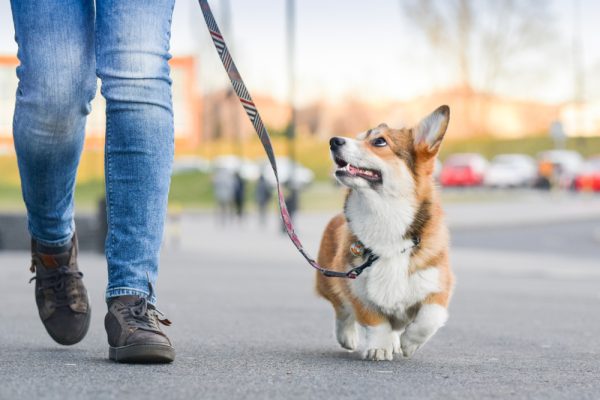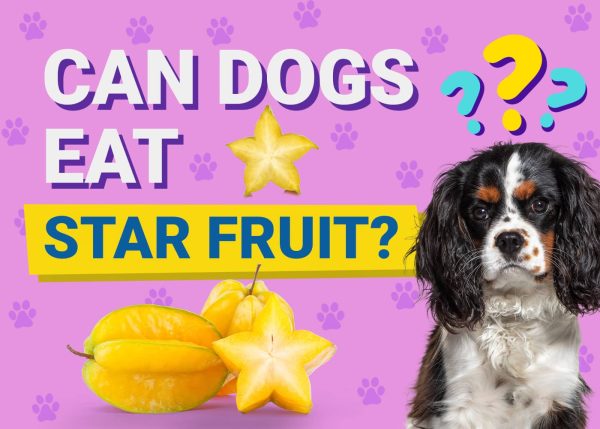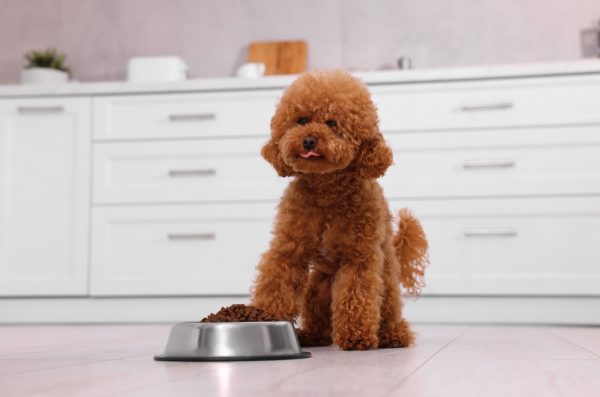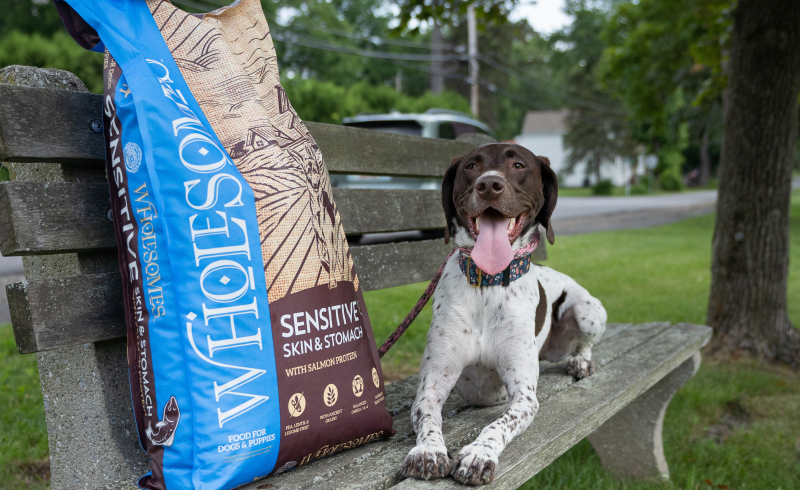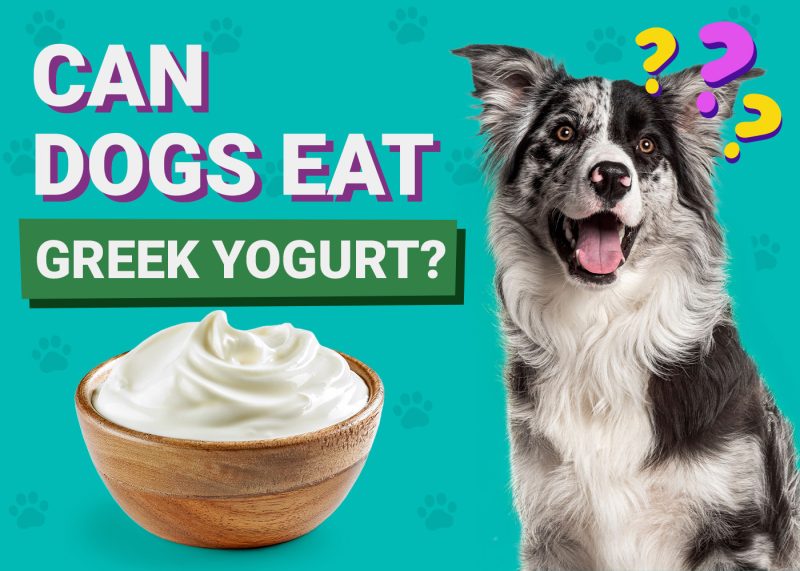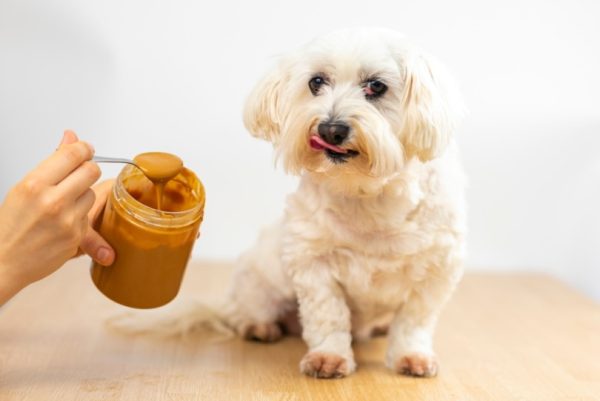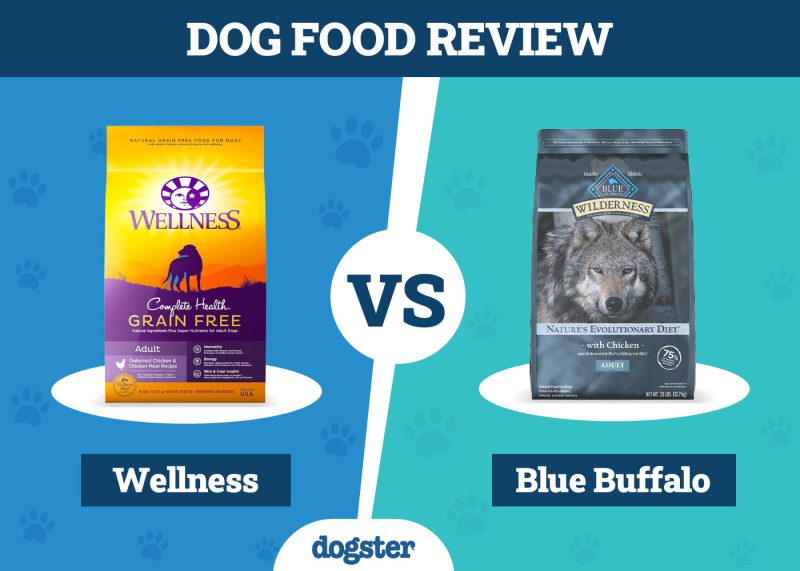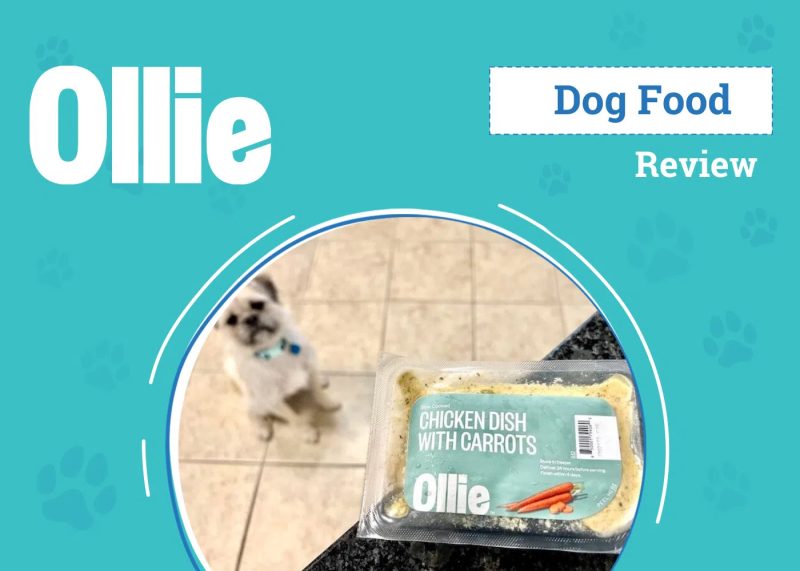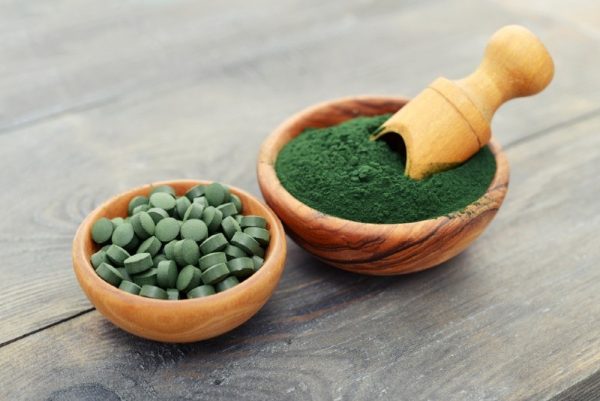In this article
According to Dr. Jennifer Adolphe, a Ph.D. pet nutritionist for the pet food brand, Petcurean, grains are an excellent source of vitamins, minerals, and fibers1. They also add necessary carbohydrates. Dr. Adolphe states that each grain has its own nutritional profile; therefore, some grains may be better for your dog than others. Thus, it is best to speak with your veterinarian and decide which grains would be most beneficial for your specific dog.
Dr. Susan G. Wynn, a veterinary nutritionist at BluePearl Georgia Veterinary Specialist, also agrees that grains are a necessary ingredient, and adds that whole grains, which contain all plant parts, are the best because they are the most unprocessed grains available2.

Why Are There Grain-Free Dog Foods?
Grain-free and gluten-free diets are becoming very popular among humans, especially those with allergies or sensitivities. Research shows that close to 18 million Americans have sensitivities to gluten.
Fortunately, this is an extremely rare condition in our pets. Most times when our dogs or cats have food allergies, it is a protein allergy. A dog’s diet should be based mostly on high-quality protein and fat but should also include some healthy carbohydrates which could be sourced from grains. Therefore, unless there is a specific grain allergy that your veterinarian has determined, your dog should not need a grain-free diet. What is really important is to pay attention to the macronutrient composition of their diet and avoid excessive carbohydrates in their food.
Bear in mind that, in rare cases, pets may be allergic to a specific grain, as well as other plant-sourced ingredients like potatoes or carrots, but this is much less likely than an animal protein allergy. The top five allergens in dog foods are beef, dairy, wheat, chicken, and eggs.
Unfortunately, many pet food companies have jumped on the grain-free, gluten-free bandwagon, and advertise their foods as a sure way to end your pet’s allergies. We are now learning that this change in diet can actually be harmful to your dog.
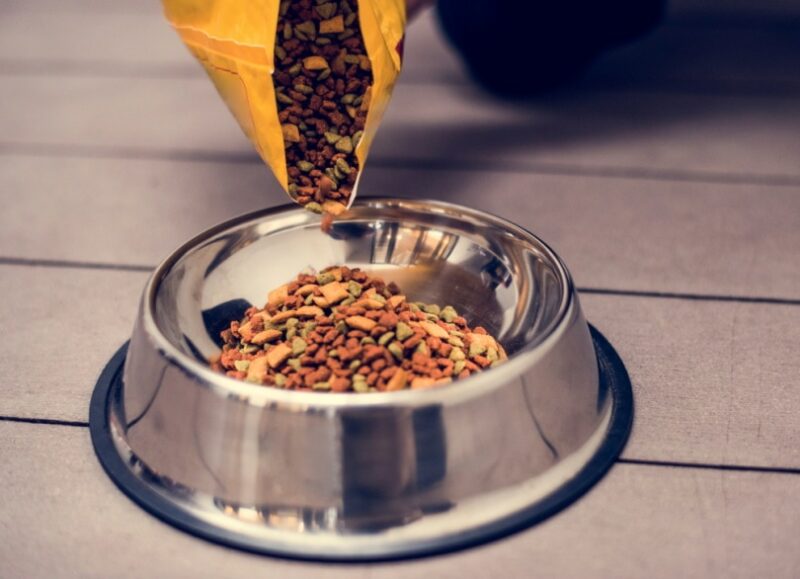
What Started Grain-Free Diets in Dogs?
A pet food contamination tragedy gave grain a bad name. In 2007, a bad batch of wheat gluten imported from China and contaminated with industrial chemicals as a way to falsely enhance protein level readings, adversely affected dogs by causing kidney damage when ingested. Unfortunately, many pets became ill, and several died from it.
Even though it was not the grain itself but, rather, the chemicals added to it, people remembered the grain and made a decision to avoid it. This, along with the gluten-free trend for humans, began the race to develop dog foods that were still nutritional and affordable without grains.
Can You Feed Your Dog a Grain-Free Diet if They Don’t Have Grain Allergies?
Feeding a grain-free diet to dogs can be harmful, especially when the diets are loaded of legumes. Links between canine heart disease and diet, specifically grain-free dog food diets, are currently being investigated.
According to Dr. Jerry Klein, Chief Veterinary Officer of the AKC, “The FDA is investigating a potential dietary link between canine dilated cardiomyopathy (DCM) and dogs eating certain grain-free dog foods. The foods of concern are those containing legumes such as peas or lentils, other legume seeds, or potatoes listed as primary ingredients. The FDA began investigating this matter after it received reports of DCM in dogs that had been eating these diets for a period of months to years. DCM itself is not considered rare in dogs, but these reports are unusual because the disease occurred in breeds of dogs not typically prone to the disease.”
It is therefore always recommended to consult a veterinarian before you will try to add any grains or legumes into your dog’s diet.
If you need to speak with a vet but can't get to one, head over to PangoVet. It's our online service where you can talk to a vet online and get the personalized advice you need for your pet — all at an affordable price!

What Is DCM?
Canine dilated cardiomyopathy is a disease affecting the heart muscle of dogs. For dogs with DCM, their hearts have a decreased ability to pump blood, which can often lead to congestive heart failure.
While certain breeds of dogs are predisposed to DCM—such as Cocker Spaniels, Doberman Pinschers, Great Danes, Irish Wolfhounds, Newfoundlands, and Saint Bernards—the FDA started taking notice when reports from the veterinary cardiology community showed atypical cases in breeds like Bulldogs, Golden Retrievers, Labrador Retrievers, Shih Tzus, and Whippets, who consistently ate grain alternatives.
If you are concerned about the health and well-being of your pet, we recommend getting in touch with a vet for guidance.
If you need to speak with a vet but can't get to one, head over to PangoVet. It's our online service where you can talk to a vet online and get the personalized advice you need for your pet — all at an affordable price!
How Did We Find Out That Grain-Free Diets Could Be Dangerous?
A total of 524 reports of DCM (515 dogs and 9 cats) were reported and received by the FDA between January 2014 and April 2019, of which the total number of pets is actually greater due to the fact that many of these reports came from multi-pet households.
In July 2019, the FDA released an update on diet and canine heart disease, in which they investgated product labels of the dog foods reported in these DCM cases. More than 90% of these foods were found to be grain-free, while 93% contained peas and lentils, and 42% contained potatoes and sweet potatoes.
Dr. Klein shared that, although at the time, there was no proof that the ingredients were the cause of DCM, dog owners should definitely be aware of the FDA alert.


Conclusion
Going against the grain of popular opinion (excuse the pun), grains are not necessarily a harmful addition to dog’s diets and are even encouraged as a source of carbohydrates and fiber.
Conversely, feeding dogs a grain-free diet that is loaded with legumes instead of grains can actually be harmful. The FDA is continuing to work with both veterinary cardiologists and nutritionists to gain a better understanding of the connection between grain-free diets and the risk of DCM.
See Also:
Featured Image Credit: Caftor, Shutterstock





